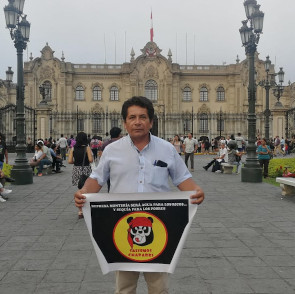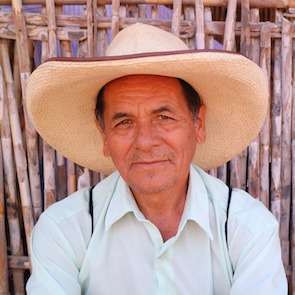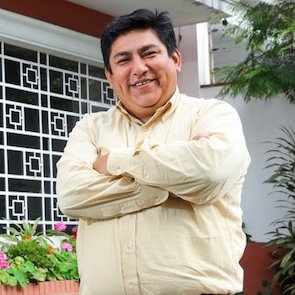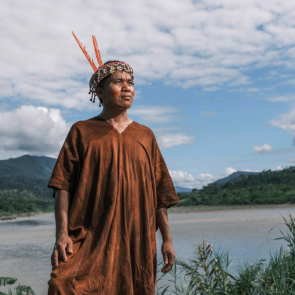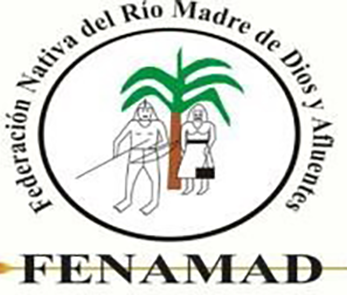#Peru
#Peru
While many human rights defenders (HRDs) can operate freely in Peru, those working on the environment, in particular on the environmental and human rights impact of the extractive industry, face harsh repression, including intimidation, smear campaigns, death threats, surveillance, and judicial harassment. Journalists and trade unionists have also been targeted.
A feature in Peru's economic situation is that its extractive industry has grown exponentially in the past decades. Human rights defenders and local communities have denounced the lack of consultation with indigenous communities in relation to mining projects, irregularities in the appropriation of communal land, as well as the consequences of mining on the environment and livelihood of local communities. Opposition to the impact of extractive industries has resulted in intense social protests in the areas affected which have been met with a violent response by the state and excessive use of force by the police and the army. Environmental rights defenders who work in the defense of the rights of indigenous or campesino communities have been the direct target of judicial harassment, physical attacks, police brutality, smear campaigns, and surveillance.
In December 2013, a report unveiled the existence of agreements between the national police and several mining companies whereby the police provides 'extraordinary additional services'. Under such agreements, the police conduct routine patrols on behalf of the companies aimed to “prevent, detect and neutralise” threats. In effect, the result is that the police are acting as a private security agency for the companies.



